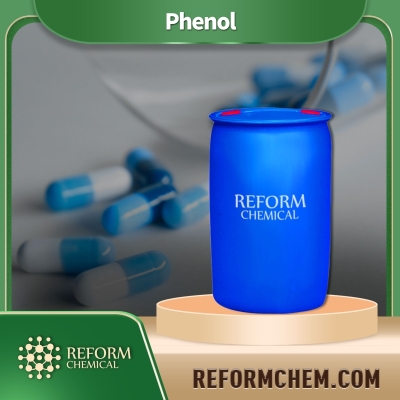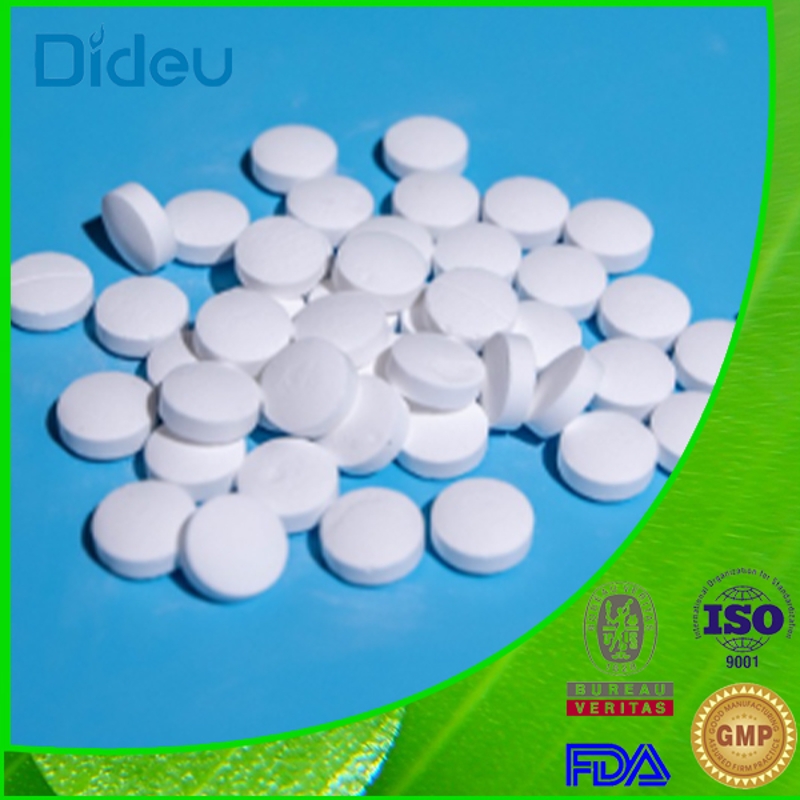-
Categories
-
Pharmaceutical Intermediates
-
Active Pharmaceutical Ingredients
-
Food Additives
- Industrial Coatings
- Agrochemicals
- Dyes and Pigments
- Surfactant
- Flavors and Fragrances
- Chemical Reagents
- Catalyst and Auxiliary
- Natural Products
- Inorganic Chemistry
-
Organic Chemistry
-
Biochemical Engineering
- Analytical Chemistry
-
Cosmetic Ingredient
- Water Treatment Chemical
-
Pharmaceutical Intermediates
Promotion
ECHEMI Mall
Wholesale
Weekly Price
Exhibition
News
-
Trade Service
Moxifloxacin hydrochloride is an antibiotic medication that is used to treat a variety of bacterial infections.
It is a synthetic antibiotic that is derived from the natural product fermentation of a bacteria called Paenibacillus campinasensis.
Moxifloxacin hydrochloride is commonly used to treat infections of the skin, respiratory tract, and urinary tract, as well as other infections caused by susceptible bacteria.
The safety of moxifloxacin hydrochloride is an important consideration in the chemical industry, as any potential risks associated with the use of this medication must be carefully evaluated and managed.
One potential safety concern with moxifloxacin hydrochloride is its potential for side effects.
Like all medications, moxifloxacin hydrochloride can cause side effects, although not everyone who takes the medication will experience them.
Common side effects of moxifloxacin hydrochloride include nausea, diarrhea, and headache.
Less common side effects may include skin rash, itching, and vaginal itching or discharge.
In rare cases, moxifloxacin hydrochloride can cause more serious side effects.
These include tendonitis, tendon rupture, and peripheral neuropathy.
Tendonitis and tendon rupture can occur without warning signs, and can be caused by a single dose of the medication or by prolonged use.
Peripheral neuropathy is a type of nerve damage that can cause pain, tingling, and numbness in the hands and feet.
In order to minimize the risk of serious side effects, it is important for individuals who are taking moxifloxacin hydrochloride to be carefully monitored by their healthcare provider.
This may include regular check-ups to assess any potential side effects or other health concerns.
Another safety consideration with moxifloxacin hydrochloride is its potential for drug interactions.
Like all medications, moxifloxacin hydrochloride can interact with other drugs and substances, and this can increase the risk of side effects or reduce the effectiveness of the medication.
It is important for individuals who are taking moxifloxacin hydrochloride to inform their healthcare provider of any other medications, supplements, or substances they are using, as this can help to minimize the risk of drug interactions.
In addition to the potential for side effects and drug interactions, the safety of moxifloxacin hydrochloride must also take into account the risk of antibiotic resistance.
Antibiotic resistance is a growing concern in the chemical industry, as the overuse and misuse of antibiotics can lead to the development of bacteria that are resistant to these medications.
This can make it more difficult to treat infections, and can lead to higher healthcare costs and increased morbidity and mortality.
To minimize the risk of antibiotic resistance, it is important to use antibiotics only when they are necessary, and to use them correctly.
This means using the right dose, duration, and route of administration, as well as ensuring that the right type of antibiotic is being used for the right type of infection.
In conclusion, moxifloxacin hydrochloride is an antibiotic medication that is used to treat a variety of bacterial infections.
While it is generally safe and effective when used as directed, it is important to be aware of the potential for side effects and drug interactions.
In addition, the risk of antibiotic resistance must be carefully managed to ensure the safe and effective use of antibiotics in the chemical industry.







